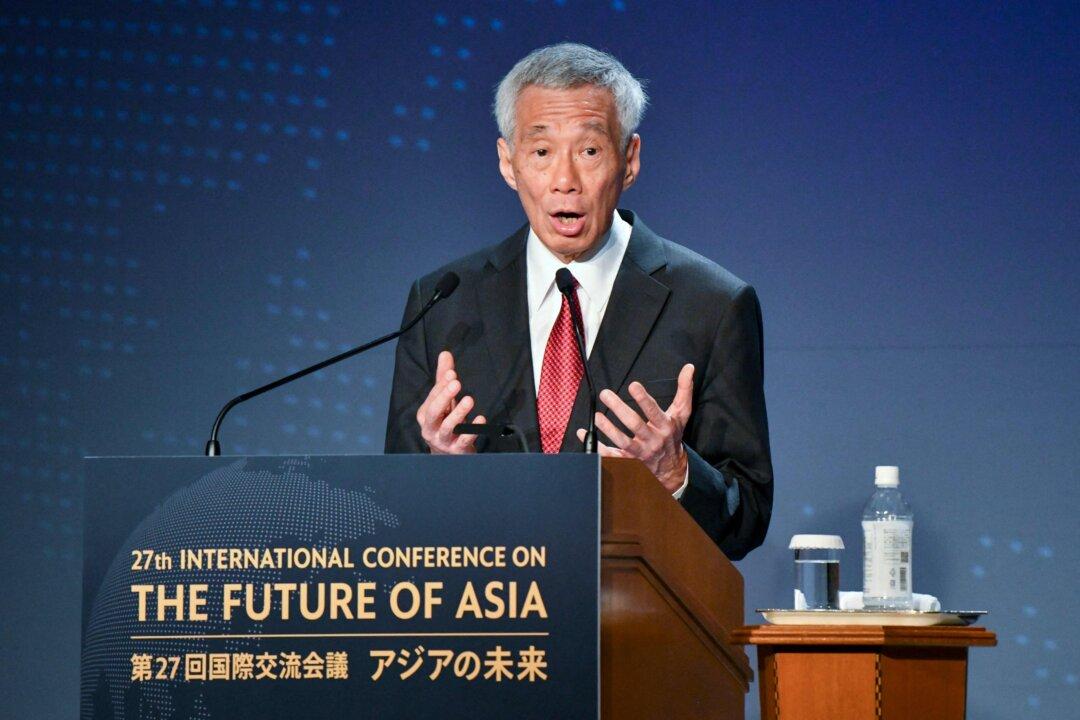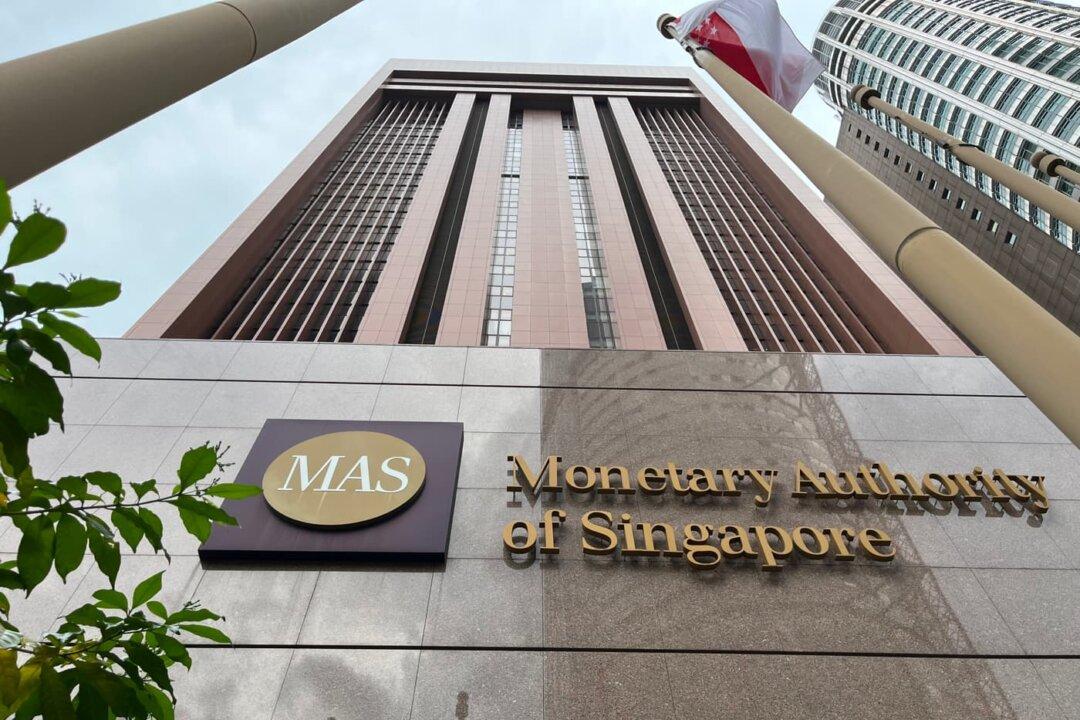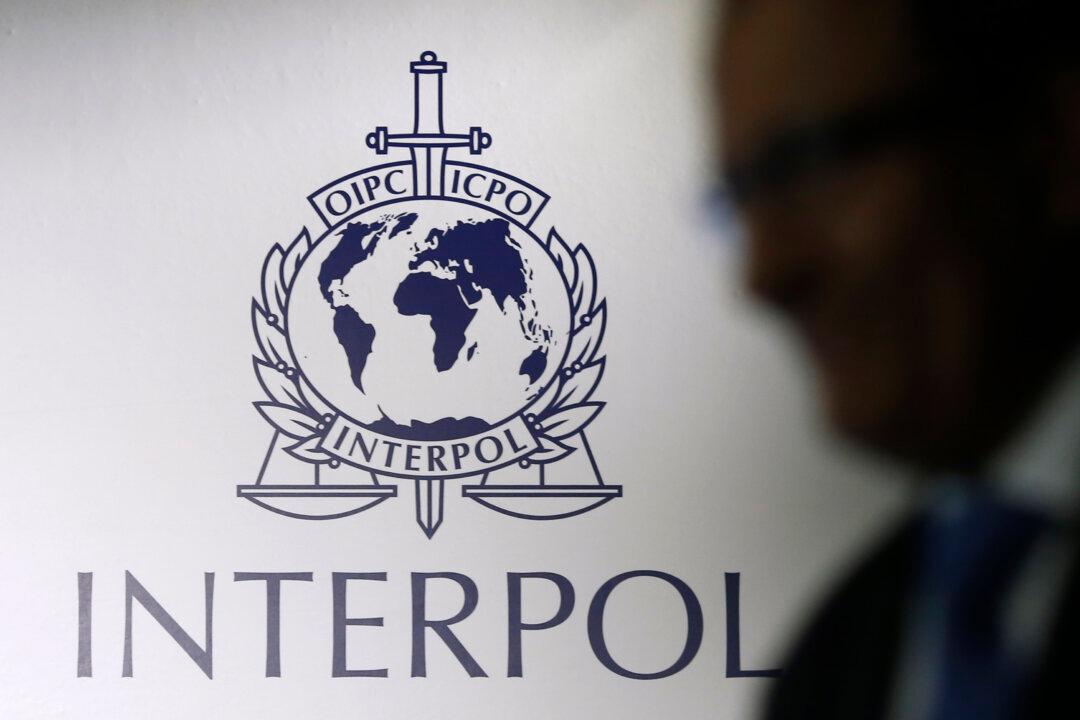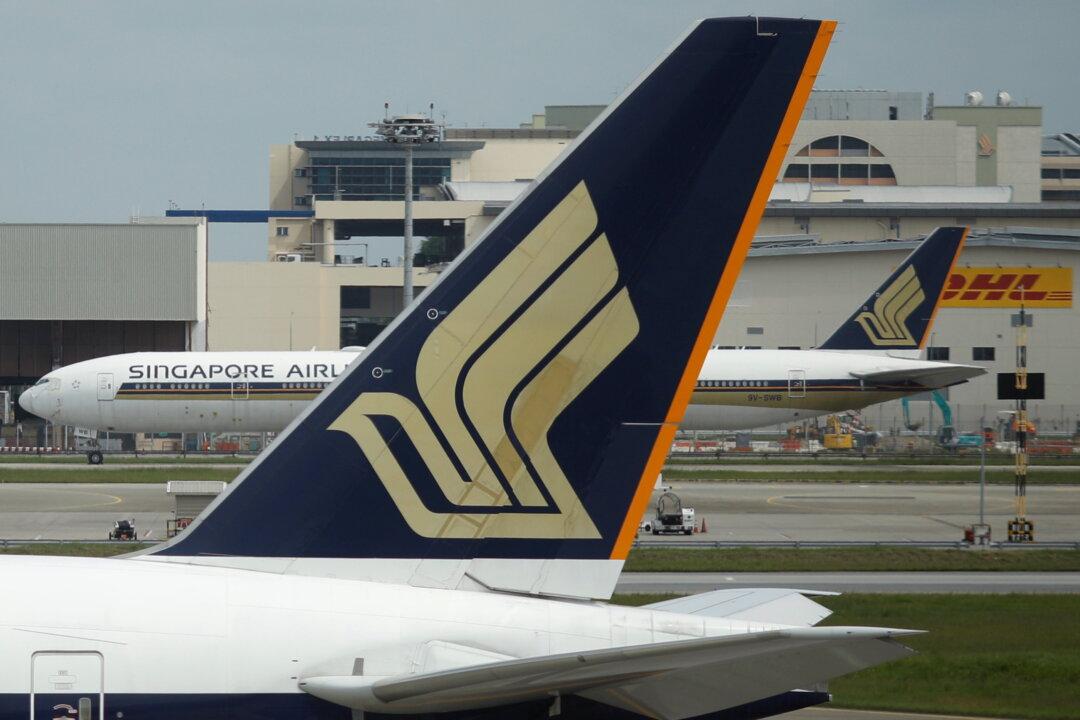The United States still plays an irreplaceable role in ensuring peace and stability in Asia, but most Asian countries prefer not to choose sides, Singapore Prime Minister Lee Hsien Loong said at a regional annual conference in Tokyo, Japan.
At the “Future of Asia” conference organized by Nikkei and the Japan Center for Economic Research on May 26, Lee’s speech focused on regional security and economic cooperation.




